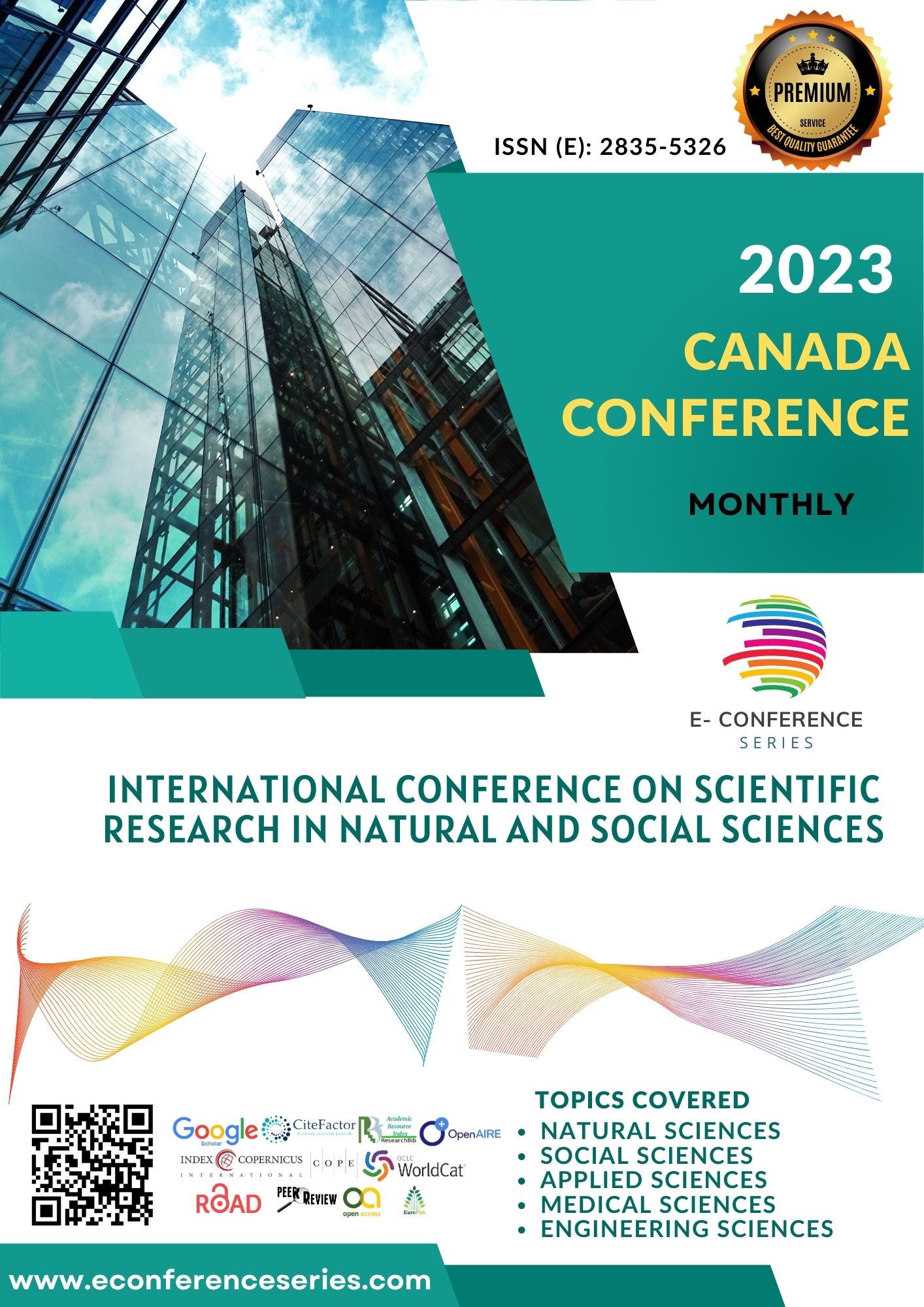METHODS OF IMPROVING THE SCIENTIFIC POTENTIAL OF STUDENTS IN HIGHER EDUCATION INSTITUTIONS
Keywords:
education, scientific potential, experimental techniques, learning strategies, interdisciplinary collaborations, internship, scientific communicationAbstract
This article describes the techniques of improving to increase students ' motivation to learn by means of internal settings set by the teacher to himself, aimed at establishing a common frequency with students.
References
Decree of the President of the Republic of Uzbekistan dated April 29, 2019 No. PF-5712 “On approval of the Concept of development of the public education system of the Republic of Uzbekistan until 2030”. QHMMB: No. 06/19/5712/3034.
Beigman Klebanov B, Burstein J, Harackiewicz JM, Priniski SJ, Mulholland M. 2017. Reflective writing about the utility value of science as a tool for increasing STEM motivation and retention—can AI help scale up? Int. J. Artif. Intell. Educ In press
Dee TS. 2015. Social identity and achievement gaps: evidence from an affirmation intervention. J. Res. Educ. Eff 8:149–68 [Google Scholar]
Hall NC, Perry RP, Goetz T, Ruthig JC, Stupnisky RH, Newall NE. 2007. Attributional retraining and elaborative learning: improving academic development through writing-based interventions. Learn. Individ. Differ 17:280–90 [Google Scholar]
Perry RP, Chipperfield JG, Hladkyj S, Pekrun R, Hamm JM. 2014. Attribution-based treatment interventions in some achievement settings. Adv. Motiv. Achiev 18:1–35 [Google Scholar]
Downloads
Published
Issue
Section
License

This work is licensed under a Creative Commons Attribution-NonCommercial 4.0 International License.








